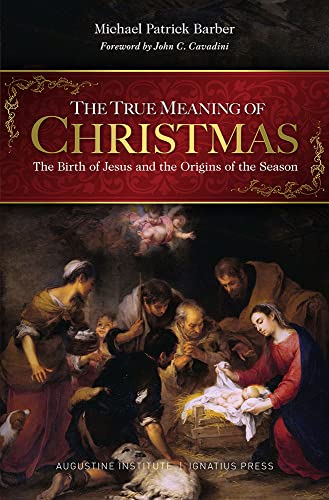“IF I WERE ASKED why I think our whole industrial society is cursed with sterility and stamped with the mark of the slave, I could give a great many answers, but one will serve for the moment: because it cannot create a custom. It can only create a fashion.”
G.K. Chesterton “Poetry in Action,” Illustrated London News
This is one of those truths that are so obvious that you have to be proverbially hit in the face to see it. We are creating nothing enduring, just material and ideological fancies. These fashions and fads will be met for a short time with such zeal as if they are the only truth in the world. The passion for which people talk about “pregnant people,” daring you to declare yourself a hater. That to rightly gender someone is to misgender them. This is not sustainable since it cannot sustain the intellect and requires a self-imposed dampening of the intellect.
It is the transcendentals of truth, beauty, and goodness that will nourish us. Instead, cultural junk food is sought. We have transcendental anorexia and an overwhelming desire to be in—the in crowd.
The etymology of fad.
834, “hobby, pet project” (adjective faddy is from 1824), of uncertain origin. Perhaps shortened from fiddle-faddle. Or perhaps from French fadaise “trifle, nonsense,” which is ultimately from Latin fatuus “stupid.” From 1881 as “fashion, craze,” or as Century Dictionary has it, “trivial fancy adopted and pursued for a time with irrational zeal.”




